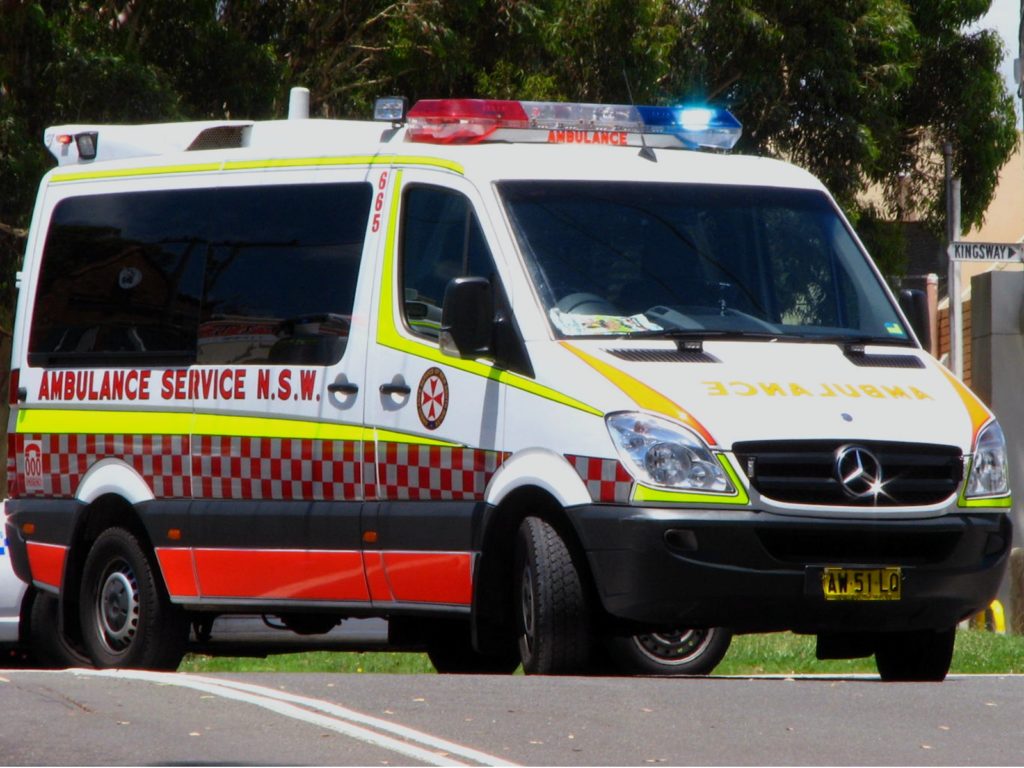Surely Tax Provides A Good Outcome For All – Including Business
A part of my role in Parliament is to have the most amazing conversations with various groups that offer up a pretty good, at times odd, range of topics. This all helps to shape policy and direction and priorities. Just a few weeks ago, in Parliament House, I had a very interesting conversation with a representative of the business community about tax. Can I clarify before I start; I have absolutely no problem with people wanting to pay less tax, regardless of whether they are big or small business or just Joe Citizen. In fact, it would be un-Australian to not complain about tax. The great challenge from a political perspective is that without tax, the Government can offer no services whatsoever, which is just as bad for business as it is for the citizens.
Let’s imagine there were no tax. Surely we would be all better off. Imagine how wonderful our life would be without health care, education, the police, the courts and law and order. Imagine having no roads to drive on, no sporting facilities and no environmental protections. There could be no market, no shopping district, no industry and no hygiene or services provided, because law and order, regulations and inspections of services would not happen and no business would be safe. Your wages would not be guaranteed or a minimum value on your work set. I think to myself, what a wonderful world. Not!
I asked the gentleman in question to think about how his business taxes help pay for police and the rule of law which ensures that his property, his product and his finances are kept safe. I asked him to think about the transport networks which allow him to get his products in and to ship his products out. I asked him to think about the education that is provided to the masses so that he has a workforce. I asked him to think about the wage conditions of the broader population, enshrined and enforced by tax funded Governments, and the fact that they are paid fairly and reasonably so that they have the money to spend in his business. Of course, he conceded all of this – he was entirely aware and did not need me to point any of this out. So the question is this – if we pay less tax, what do we do less of? Or, if we pay more tax, what would we like that spent on? But, tax itself is essential and good.
Fire And Emergency Services Levy – To Be Or Not To Be
No doubt you have been equally concerned, alarmed and confused about the changes that the Government had been working on for the funding of fire and emergency services. They had promised to do this at the 2011 Election. For the past 6 years we have been told that the Government was working on a new model, and building a new method of collecting the fee.
Currently the fee is built into a person’s car/vehicle insurance, yacht insurance, home insurance and home contents insurance. It all adds up to about $700m per annum which equates to about 75% of the total fire and emergency services budget. The other 25% of the budget is met by local Council from your rates (11% – $100m) and State Government from your taxes (14% – $130m).
After 6 years of thinking, after finally moving the Legislation in Parliament in March of this year, after refusing to release the new “calculator” that would determine the new costs and after a considerable exercise in self-congratulations and back-clapping, the Government suddenly back-flipped on the new levy just 2 weeks ago. As I write this column, it is unclear what the future looks like for funding emergency services. The Government have not withdrawn the Legislation, have not confirmed if the funding will revert back to the old model and have not ruled out a future re-introduction of the new model. Sometimes truth is stranger than fiction.
